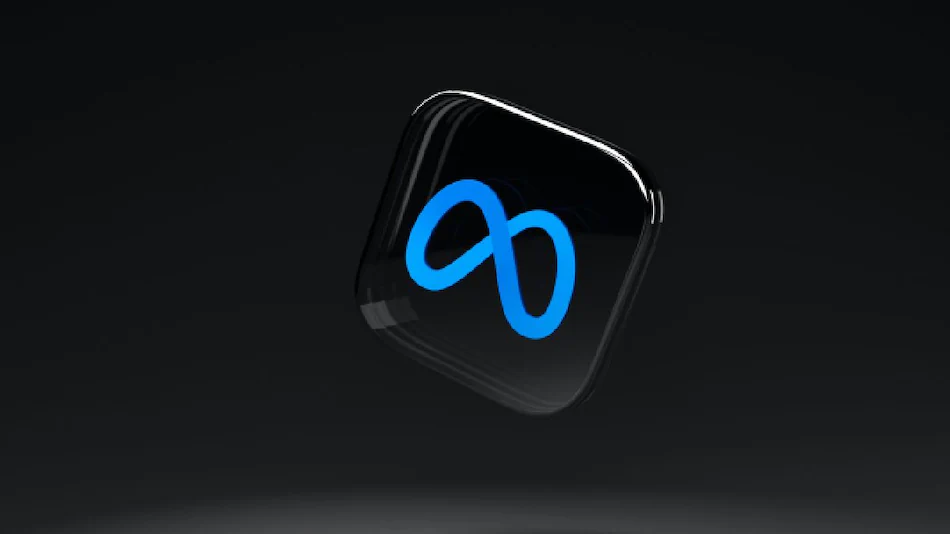Meta founder Mark Zuckerberg addressed creators on Wednesday announcing that the parent company of Facebook and Instagram will begin testing the display of non-fungible tokens (NFTs) on Instagram Stories using its augmented reality platform named Spark AR. After launching an initial test of NFT display options on Instagram back in May, Meta is now expanding the test pool for the option, while it’s also planning to bring NFT display to Facebook as well, “starting with a small group of US creators.”
Speaking on the integration of NFTs into Meta’s apps, Zuckerberg said in a post on Facebook, “We’re expanding our test so more creators around the world can display their NFTs on Instagram.” The company also stated in an announcement, “Creators and collectors will be able to share their digital collectibles across Facebook and Instagram after we begin rolling out the feature on Facebook with select US creators at a later date.”
Zuckerberg had first mentioned the integration of NFTs on Instagram back in March which he followed up with a video in May stating that the team at Meta had begun work on integrating digital collectibles for its metaverse and Reality Labs plan, and also across the company’s family of apps.
Back in May, Zuckerberg had also stated that user’s part of test group will be able to post NFTs at no-cost by linking their third-party digital wallets in-app. The NFTs will get a special “shimmer” around the photo with attribution to both the creator and the owner.
The blockchain networks that are supported for the feature include Ethereum and Polygon, with Flo wand Solana launching soon, a company spokesperson confirmed with The Block. Third-party wallets that’ll be compatible with the platform include Rainbow, MetaMask, and Trust Wallet, with Coinbase, Dapper and Phantom.
Earlier this week, Meta also announced it would join with other tech companies to create a metaverse standards body. The group intends to build the next version of the web and develop a shared ethos for Web 3 and the metaverse. Some of the companies who joined the initiative include Adobe, Epic Games, Microsoft, Nvidia, and Qualcomm; Apple was noticeably missing from the pack.

Source:gadget360.com

